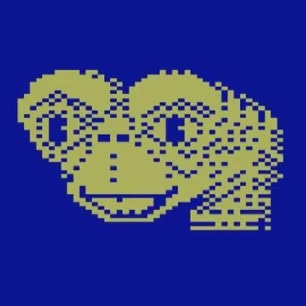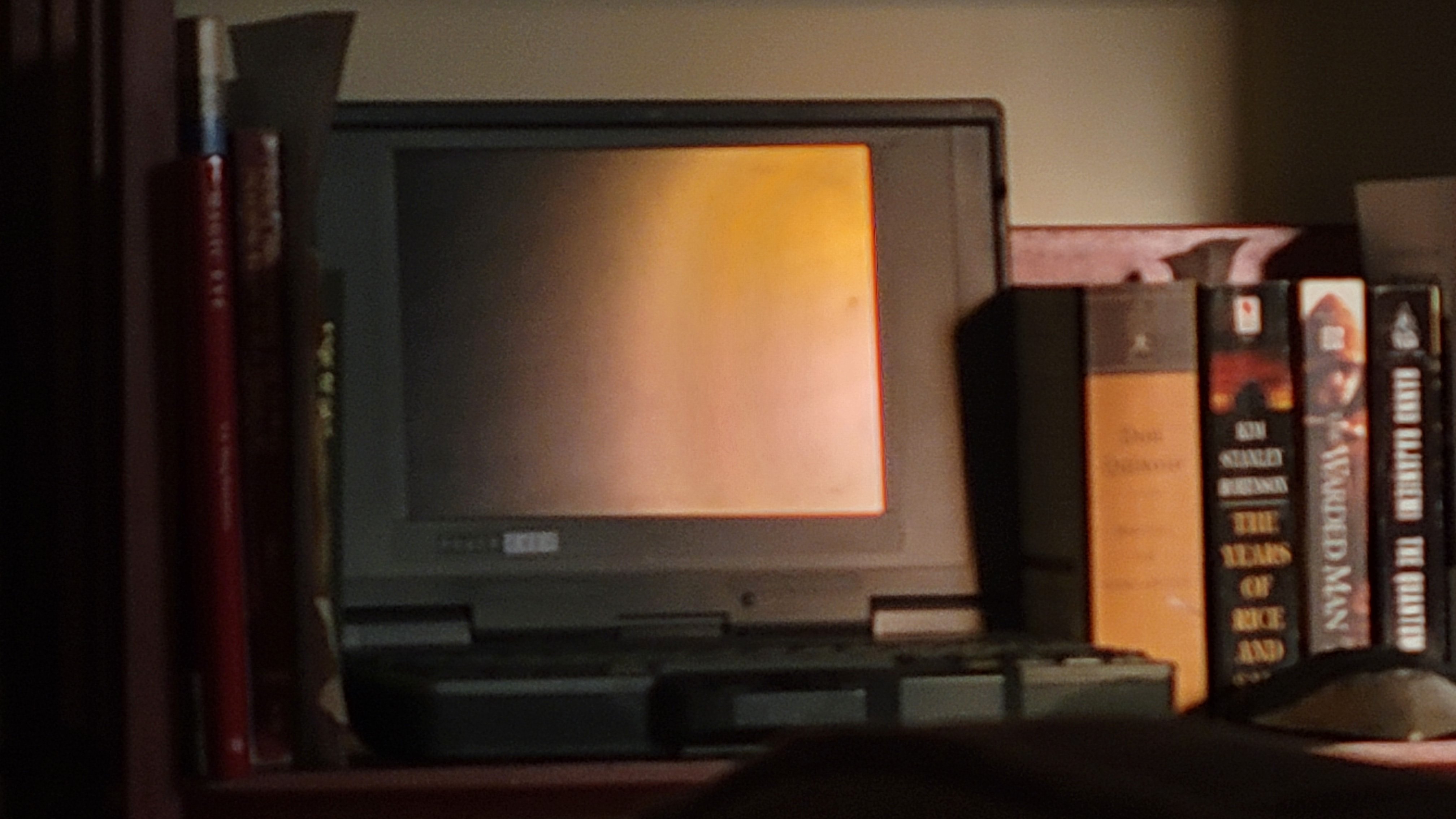- cross-posted to:
- technology@lemmy.zip
- hackernews@lemmy.smeargle.fans
- cross-posted to:
- technology@lemmy.zip
- hackernews@lemmy.smeargle.fans
I was definitely a Commodore kid, and BASIC was my first language. Maybe it’s nostalgia, but I still like BASIC for hobby stuff.
I remember typing in BASIC programs from printed magazines. That’s how I got my start.
I bought a year’s subscription to Timex Sinclair User, which folded like four months later.
I recall my dad bought a book with VIC 20 games printed. And you bet I typed them all in. And then had to debug them.
It wasn’t this one but it was very similar: https://archive.org/details/games-for-your-vic-20/page/28/mode/1up
And this book came with the computer and taught me how to code: https://archive.org/details/VIC-20_An_Introduction_to_BASIC_Part_1/mode/1up
Such fun memories. And now I’m CEO of a software company haha.
Same. It kinda spiraled out of control
I used to write them on a Smith Corona correctable typewriter because we didn’t have a PC at home and then bring them into school to type in in the computer lab after school for computer club
Same here! ZX spectrum.
Thanks, BASIC, for teaching me so much I had to later unlearn in order to not be a garbage programmer.
The first time I tried another programming language, I was confused as to how to write code without using GOTO.
Some dialects of BASIC had more structured control flow.
I learned TI BASIC on a Texas Instruments 99/4a back in the very early 80s. Wrote some programs from magazines, saved them on tapes, and went on to automate D&D character creation in an attempt to rules-lawyer an all-PC dwarf army.
Fun fact, though: TI BASIC lived on until at least the late 90s, on the TI graphing calculators that everyone taking Algebra/Trig had to buy – or borrow from the school. I wrote a surreal choose-your-own-adventure game on my calculator, large enough that because of memory limitations, you couldn’t open the file to edit it without deleting another, ancillary file.
And since you could transfer programs via a proprietary cable, I put that game on every school calculator and as many of my friends’ as wanted it. It was still there years later when I visited.
This is that real gangster shit in case any of you were wondering
TI BASIC is still on my TI-84+ CE calculator that I use today
I’m not sure if the Python edition TI 84 supports it though
Easiest Hello World program ever was in BASIC.
10 PRINT "Hello World" 20 GOTO 10Don’t even have to call a library or declare a variable! Meanwhile, I can’t even remember the shit you need to put in front of every C/C++ program (HREF/void.h or something; it’s usually there automatically these days in some compilers, like Visual Studio).
C
#include <stdio.h>
int main() { printf(“Hello, world”); return 0; }
C++
#include <iostream>
int main() { std::cout << “Hello, world” << std::endl; return 0; }
BBC BASIC was best BASIC. Fight me.
In a world with GORILLA.BAS and NIBBLES.BAS, I simply cannot reject the QBASIC faith with which I was raised.
I was taught QBASIC at school… in 2003.
DoDDS is weird.
There is an open source implementation of BBC Basic for modern systems that’s being actively developed - BBC BASIC for SDL 2.0.
It is great with lots of libraries. I am writing a game in it right now.
Bring it! I once wrote a basic program off of the random dungeon generator tables in the original Advanced Dungeons and Dragons - Dungeon Masters Guide using Atari BASIC.
GW BASIC best BASIC
GPL BASIC. First language I learned when I was 5 in 1984.
10 PRINT “Hello world!” 20 END10 PRINT “Sausage slaps”
20 GOTO 10
- 10 PRINT “What is your name?”
- 20 INPUT $NAME
- 30 PRINT "Wet noodle slaps " + $NAME
- 40 GOTO 30
GPL as in the GPL? I thought that was first published in 1989
Oh, I guess I was just using Apple’s Intiger BASIC then!
There are so many weird and wonderful BASIC dialects found on all sorts of platforms.
In Europe the PlayStation 2 shipped with a version of Yabasic on the bundled demo disc. It was an attempt to avoid some of import taxes by claiming the PS2 was a computer instead of a games console.
Sinclair Spectrum 48k Basic for me.
went to computer camp in the early 90s (yes i was the stereotype) and we learned basic programming on radio shack computers (the monitor/keyboard combined type - i can’t remember the name)
then i moved on to qbasic and started programming basic type text adventure games with inventory management in my spare time :)
edit: looking it up, i believe it was the trs-80. it looks familiar but i’m not 100% positive. could have also been the model ii
First line of code was in qbasic in 88
I found that the simpler, early BASIC dialects were a good primer for assembly language. You had to create all the structure from jumps to numeric values. Goto and gosub mapped on to jump and call instructions.
Using labels in assembly was a step up from line numbers!
oh the memories - I started with Commodore BASIC on the C-64. Second Basic (after 6502 Assembler) was AmigaBasic. Oh god, it was soooo slow. Scrolling though your code, you could watch the lines being printed. Finally I bought (!) GFA Basic - that was great! Probably spoiled my programming habits till now! :)
Can something really “turn 60” if it is dead, though?








